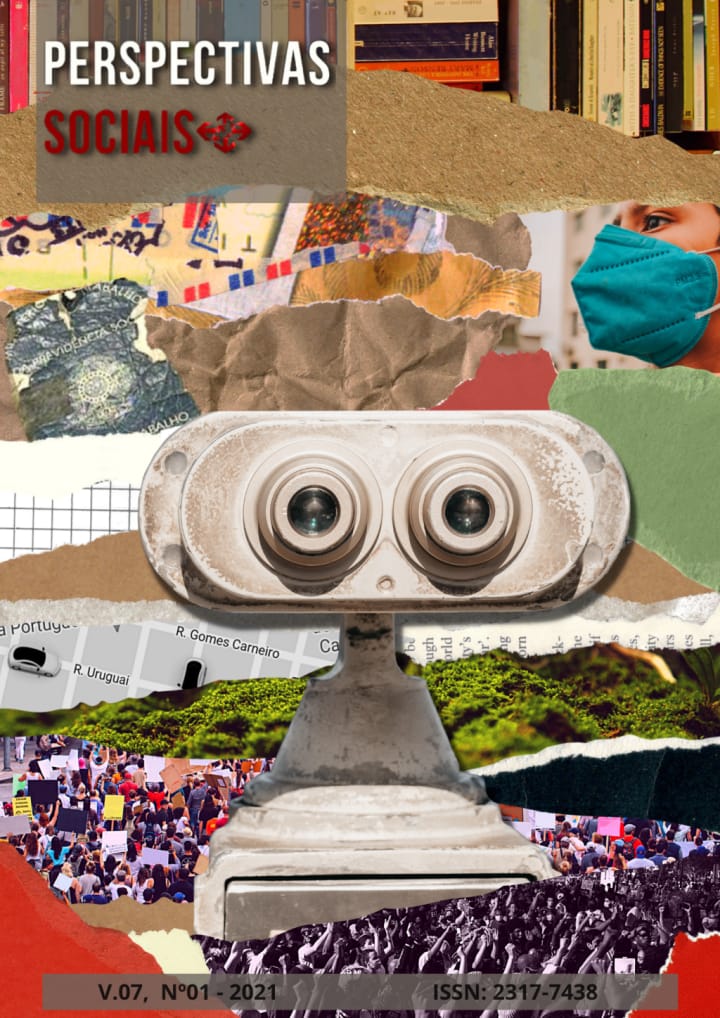THE COVID-19 AND THE FIGURATIONAL STATE
Abstract
The COVID-19 pandemic is a phenomenon that appears in the imagination of individuals, with a high potential for transforming social relations, even fostering a resumption of the State's role in the implementation of public policies or in the construction of a new dynamic of solidarity. This study discusses this possible change, through a historical review of the recent transformation of state structures in the post 1960, which somehow influenced the fight against the pandemic, such as neoliberalism, globalization, the fragmentation of state structures and the increase of global interdependence derived from advances in communication technologies. The central argument consists on the understanding that the possible change resulting from this pandemic is apparent and contextual, it does not represent a possible social transfiguration, but only an urgent adaptation to meet the social needs arising from the crisis that was introduced, to contain the disease's advance. The State, in this sense, must be understood as a figurational structure, whose characteristics are influenced by social contexts, designed within a movement of advances and retreats, according to the prevailing cultural, economic, and political understanding of each period.

